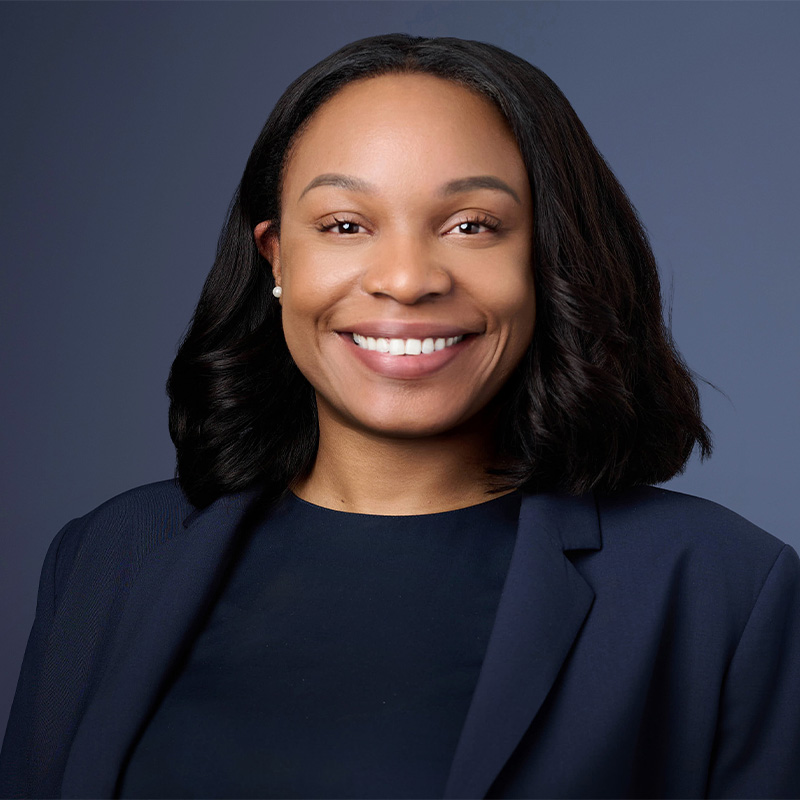What motivated you to pursue an MBA?
What motivated me to pursue an MBA was that I wanted to know more about the changing landscape of medicine in the Atlanta area. I worked at a local health system that closed due to profitability challenges. I wanted to know more about how these decisions were made, and how I could be a part of these conversations in the future.
Can you share any challenges you faced during your transition?
Deciding that I wanted to pursue a finance degree was quite a challenge for me. Having had no experience in accounting or finance prior to the MBA, my greatest challenge was overcoming imposter syndrome. I finally realized that the information was not so intimidating if I just put in a little extra time to learn the material.
How did your medical background influence your approach to business studies?
Studying medicine can be intense; fortunately, there are numerous study aids in the market. Transitioning to studying for business is not as easy because there are not as many resources that cater to different learning styles. Because I had built a solid understanding of my learning styles in nursing school, I was able to adopt that same method to be successful in my business studies.
Are there specific concentrations or electives that would be beneficial for someone transitioning from healthcare?
I think it would be beneficial to do independent study of accounting and finance basics the summer prior to starting the MBA program. However, depending on what field you hope to transition to, that will determine the concentration that best suits your end goal. Whatever you decide to do, just make sure you understand the basics of finance and accounting as they are the backbone of all business.
What skills from your medical training have you found most valuable in your MBA studies?
My ability to be flexible and agile, anticipate challenges, and attention to detail have all benefitted me in my MBA studies.
Are there any gaps in knowledge you wish you had addressed before starting your MBA?
I would have paid closer attention to the recruiting timelines and the information I was expected to know going into the recruitment process. Investment banking recruiting is extremely hectic and quick paced. For example, you might get a call on Monday asking you to interview in New York on Friday. Before starting your MBA, make sure you understand everything you will need to know to be successful in landing that next opportunity.
How are you building a professional network after transitioning from healthcare to business?
I use every opportunity I can to connect with peers at work, former classmates, and new people in my field. Never underestimate the power of coffee chats.
What career paths are you exploring based on your medical background and MBA?
I pivoted into healthcare investment banking. However, in the future I am looking to expand into entrepreneurship by owning clinics and hospitals in developing countries.
So far, how do you feel employers perceive you as a candidate with a medical background applying for business roles?
Employers often see candidates with a medical background as valuable, especially in healthcare-related business roles. They appreciate the adaptability and unique perspective such candidates bring but might question their experience in core business areas. Demonstrating transferable skills and relevant business knowledge can help overcome those concerns. That’s where the MBA comes into play.
What advice would you give to someone considering transitioning from the healthcare field into an MBA degree?
Do it! Always invest in yourself. Having a combination of a medical background paired with an MBA can help you pivot in and out of different industries. Your skills will always be in demand.
Are there any resources you found particularly helpful during your journey?
- Publications: The Wall Street Journal
- Podcasts: Freakonomics Radio, Wall Street Breakfast
- Mentors/Affinity groups: Wall Street Friends, a network of finance professionals of color
What do you see as future trends in healthcare management that could be beneficial for MBA students to know?
Healthcare today is powered by private equity. This has a significant impact on the care we ultimately receive, and the costs associated with that care. If you’re interested in helping improve the healthcare system, it will be important to understand how to work with these firms and/or maneuver around them to enact change.
How can someone effectively leverage their medical knowledge in the business sector?
To effectively leverage a medical background in the business sector, candidates should emphasize their problem-solving, analytical thinking, and industry-specific knowledge, especially in healthcare-related fields. They can also bridge any skill gaps by acquiring business-related training or certifications, showcasing how their unique insights drive strategic decisions and innovation.

